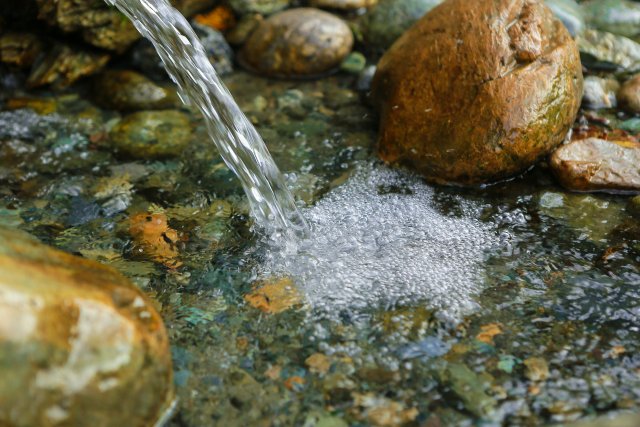Life-Cycle Analysis to Support Cost-Effective Enhanced Aquifer Recharge Grant

EPA’s Science to Achieve Results Program (STAR) awarded $2 million in grant funding to the University of California, Berkeley for research to develop a cost-benefit tool to support enhanced aquifer recharge (EAR) as a viable, safe, and cost-effective water management strategy.
Using too much groundwater can lead to many issues that impact water quality and water security. EAR is the practice of using excess surface water to intentionally replenish and supplement existing groundwater supplies for storage, potential reuse, and augmenting water supplies. In many locations, EAR can be a cost-effective way to increase water resource resiliency to mitigate the impacts of drought exacerbated by climate change. It can also provide ways to reduce demand on drinking water utilities by supplying water for irrigation and industrial uses, among other benefits.
The goal of this research is to improve understanding of the life-cycle analysis of EAR and help decision-makers understand the costs and benefits of pursuing EAR strategies. Research to identify development needs and to further develop tools, models, and frameworks to support EAR implementation strategies will empower water professionals to make informed water management decisions.
University of California Berkeley – Berkeley, California
Award: $1,999,998
Project Title: A Knowledge-to-Implementation Framework for Enhanced Aquifer Recharge
Principal Investigator: Michael Kiparsky
Study Locations: University of California (UC) Berkeley, UC Davis, UC Santa Cruz, UC Hastings
This project aims to contribute to the nation’s water-related human, environmental, and economic well-being by removing barriers, developing tools, and providing knowledge in service of implementation of Enhanced Aquifer Recharge (EAR). The project will conceptualize a life-cycle view of EAR to encompass three pillars of decision making for EAR: geochemical and physical considerations; legal & institutional considerations; and cost-benefit analysis & life-cycle assessment. The overarching hypothesis is that through strategically combining applied research, decision-support innovations, and public engagement, the team can lower barriers to widespread adoption of EAR and unlock its potential to provide multiple water security benefits. The main output of the project is an “EAR Lifecycle Map,” which integrates and summarizes the results of and interconnections among all research components. It can be used by decision-makers contemplating EAR projects.
